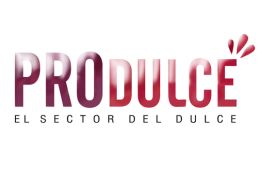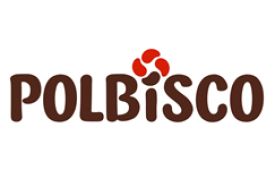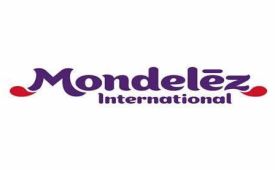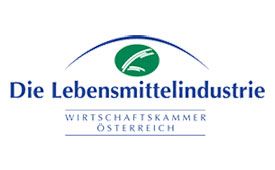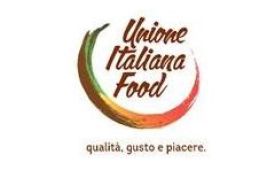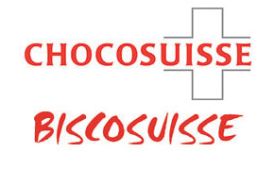Sugar Market
There is a clear need to establish market dynamics in the EU sugar market. This will help the whole value chain to meet the many supply and sustainability challenges of the future.
Difficult times for sugar supplies
Sugar is the most important ingredient for CAOBISCO products.
Since the 2009 campaign year, the sugar market has entered a major supply crisis, putting the productivity and competitiveness of our industries at stake. CAOBISCO industries have to face great difficulties in finding the sugar volumes necessary to continue their production and have to buy sugar at prices significantly above world market levels, putting their competitiveness at stake.
The European Commission responsible for the market management has applied emergency market measures in order to bring additional supply of sugar onto the market:
- putting back surplus quota sugar onto the market;
- temporarily opening borders for additional imports.
However, these emergency market measures proved to be insufficient to balance out demand for users. To rely on short-term remedies does not support the confidence of operators. It is time to accept that the current sugar regime is not viable anymore.
Elimination of sugar production quotas in 2015
In October 2011, the European Commission published its CAP reform proposals. These include the phasing out of sugar production quotas as of 2015 onwards (as decided in the 2006 reform). This responds positively to the strong requests made by CIUS (the European Sugar Users Association) and CAOBISCO. However, the overall CAP Reform is still under consultation and the European Parliament has already filed amendments requesting the extension of production quotas until 2020.
This is unacceptable to CAOBISCO and its partners inside CIUS. Current sugar quotas are a barrier to sufficient supply. Current emergency supply management measures taken by the European Commission to bridge the supply gap and limit price volatility have proven to be inadequate.
The sugar quota system must be abolished from 2015 to ensure a sustainable and healthy development of the market and prices.
In parallel, in each bilateral trade negotiations with EU partner countries, CAOBISCO requests a reduction of import tariffs and/or additional volumes by import quota in order to add sugar quantities onto the market via preferential agreements and bring in competition in a highly concentrated market.
A fair, competitive and sustainable supply chain
Removing supply uncertainty and unmanageable high price volatility, detrimental to European food manufacturing, must be addressed to create a fair, balanced and sustainable supply chain.
Since the 2006 reform, crop yields have grown significantly and factories have made considerable improvements making European sugar production amongst the most competitive in the world. CAOBISCO and other sugar users in Europe are confident that the supply chain is sufficiently robust to face more market liberalisation. Furthermore, quota abolition will give European sugar producers and beet farmers the opportunity to capture a larger share of the global export market and benefit from increasing world demand for sugar.
CIUS supports the development for fair contractual relations to ensure that reform does not lead to unintended consequences. However, every year of postponed reform maintains a barrier to European competitiveness and growth that the EU can no longer afford.
CAOBISCO requests
CAOBISCO objectives are:
- Abolition of production quotas in 2015 to enable competitive farmers to increase production and provide for better supply;
- Reduction of import barriers and gradual reduction of import tariffs to balance out competition on the EU market;
- A fair value chain achieved through strong agreements between farmers and processors, as foreseen in the CAP reform proposals;
- Adoption of instruments like the principle of private storage aid to provide a safety net against supply volatility;
- Better access to market information to allow investment and production planning;




